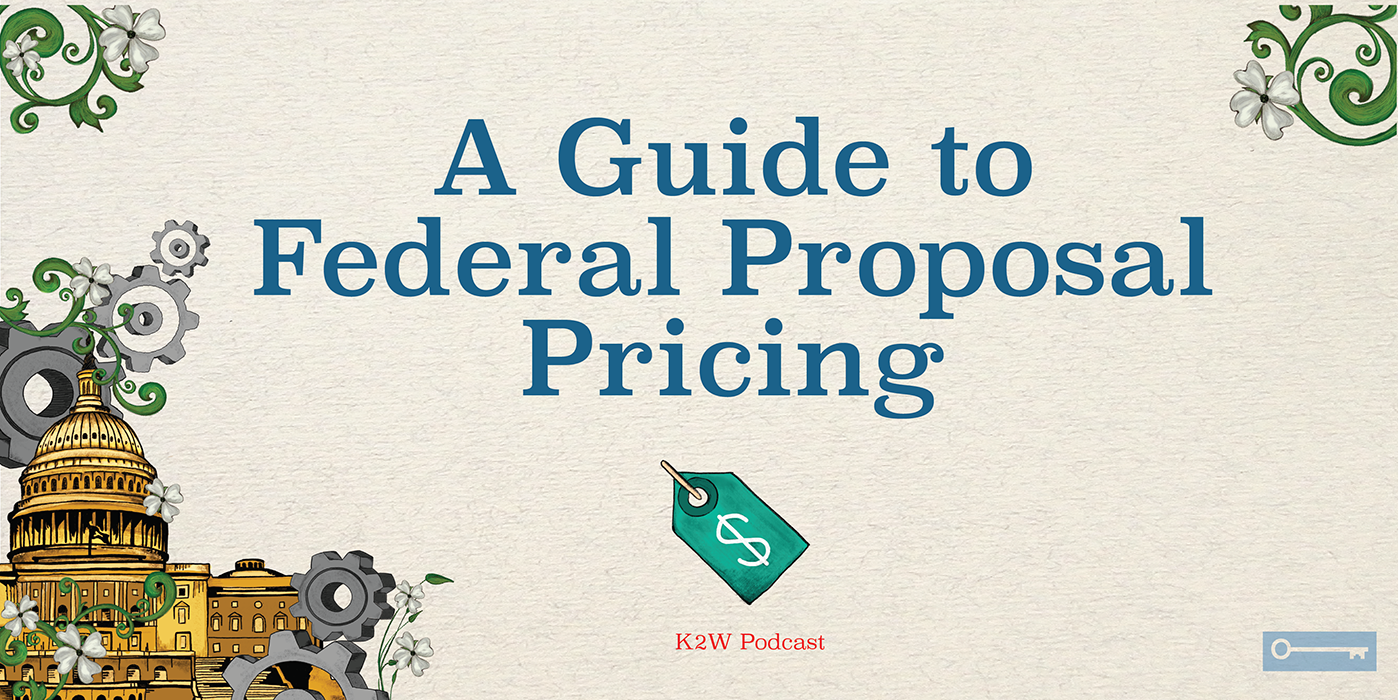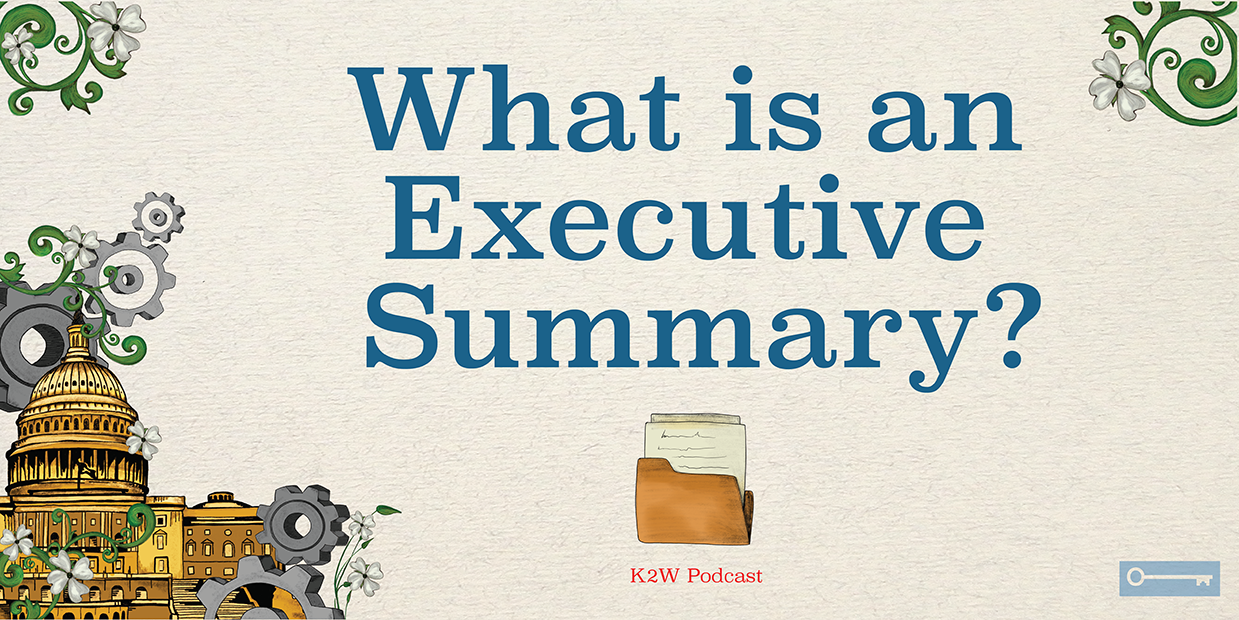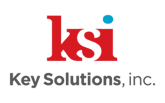Agile is a term that's become increasingly popular the last few years in the proposal industry. But what if we told you to forget what you think you know about Agile.
In our latest episode, learn what Agile and Scrum really are and how these methodologies can help you improve your proposal process.
Guest: Brian Mowbray, Agile Institute Lead, Accenture Federal Services
Click the orange play button to listen to the episode. You can also listen on Apple I-Tunes or Soundcloud.
Prefer to read? Here's the transcript.
Ray Thibodeaux: Welcome to Keys to Winning, a podcast where we talk about government contracting topics such as proposal development, business development, win strategies, and more. Keys to Winning, produced by AOC Key Solutions, a leading bid and proposal development firm, gives you a chance to learn from leaders and experts in their field. I'm Raymond Thibodeaux, today's host of Keys to Winning.
Ray Thibodeaux: The Agile Methodology is well known to software developers. It's an iterative approach to delivering software releases. Sort of fine tuning on the fly. The approach often is credited with saving time, and producing a better quality product in lockstep with customer requirements.
Ray Thibodeaux: Our guest Brian Mowbray, is a software engineer for Accenture Federal Services where he leads the company's Agile Institute. Having developed software for more than 20 years, he has some ideas about how we can enhance our proposal development capability using Agile principles. Hi Brian, welcome to the podcast.
Brian Mowbray: Hi Ray, glad to be here.
Ray Thibodeaux: What's interesting to me about this idea is that the proposal industry has lived by the same standards for about 30 years, and now comes Agile. Proposals are somewhat iterative in terms of their development path with in-process review cycles, daily stand ups, et cetera. So how do Agile and Scrum principles fit into that process?
Brian Mowbray: Yeah. That's a good question. So I think the biggest hurdle that we have to get people over when it comes to talking about Agile is very much an overused term. In a lot of the proposals we see where the word agile is replaced, they've replaced waterfall with agile just thinking that somehow that makes it more Agile. What I'm getting at is that Agile is really a mindset. It's really a way of thinking differently. Scrum is one of the methodologies that you would use to apply that Agile mindset.
Brian Mowbray: It's more of a method or a framework that you can use. Actually, it fits very well. It fits across many different types of things. We've used it to build security accreditation documentation. We've used it for building proposals, we've used it for... So it's just a framework. It does what it does very well. And it's pretty simple to really to use, or I should say to understand. It's hard to actually do it in a very disciplined way. Getting an understanding of that Agile mindset, to really use it and get the benefits from it. Those all fall into things like, you know, how do we collaborate more effectively?
Brian Mowbray: So, we collaborate more effectively by having daily stand-ups, and we collaborate more effectively by being face-to-face. A lot of times we're just trying to get an understanding of something over the phone, or maybe we're in front of the white-board, maybe we do a storyboard of some sort. We do something that gets to more of a shared understanding of whatever it is we're trying to accomplish.
Ray Thibodeaux: I know we mentioned Scrum, and I'm not sure we explained it. Can you talk a little bit what we mean by Scrum?
Brian Mowbray: Right, absolutely.
Brian Mowbray: So, Scrum is like the framework that you use that creates that time-box. That time-box can be anywhere from one to four weeks, and generally two weeks is sort of a sweet spot for a lot of people, depending the amount of change.
Brian Mowbray: You have a lot of change going on with what you're trying to accomplish, and things are more volatile as far as the information that you're gathering, or whatever it may be. One week usually is, probably, even better.
Brian Mowbray: So that's the time-box part. There's roles that are associated with that on the Scrum framework. There's always usually someone whose acting in a, what we call, a part-time role. They're the ones that are really responsible for making sure that whatever we're delivering at the end is that value, and that can even be your typical proposal manager. They would make sure that what the output is, is what it needs to be.
Ray Thibodeaux: It strikes me that one of the key differences between the Agile software development process and the proposal development process is that, in software there are these iterative releases. In the proposal world there seems to be one big bang release in the end. Rarely are there chances to fine tune the products after it's submitted.
Brian Mowbray: Oh, absolutely.
Brian Mowbray: Even if we abstract it up a layer, and this where as teaching the fundamental of Agile in most of our classes. We're trying to get people looking differently, so one of the ways that we might contrast is to, and by the way software development, they have big bang releases just the same when you look at more of a waterhole type of approach. The different, like you said, is there's no stagnant phase into a proposal, whereas software development you may have another change or leap, which is something I totally get. Whereas, the proposal you don't.
Brian Mowbray: Those types of dated reviews that you referred to as the color-abuse, you know, very similar in the software development process. Where someone is maybe gonna do an architecture review or technical review or some kind of compliance review. Very similar. The things that makes those valuable is that you're getting feedback. So, one of the reasons why you have the color-reviews is so you get feed back. Are we on track, you know, does this whole store congeal together? Does it speak in one voice towards what is is we're trying to accomplish.
Brian Mowbray: So those color reviews as well as other things which regard to the editing and the language and how long it is in compliance with that particular proposal. Those gator reviews are intended to give feedback, and so the idea of Agile in general is that you want more feedback. You want more feedback more often. It might take another approach, but instead of waiting until the first ink review, maybe we have smaller sections reviews because another important attribute of more of the other mindset is that I want to break something down smaller.
Brian Mowbray: I don't want to make something big because when it's smaller, it's more manageable. I can essentially take those sections and find a way to get them entirely through a process and get them reviewed and get the feedback that you need. The sooner you get the feedback, the more likely that you can make changes to it a lot easier and you're not spending too much time waiting until the end or for a larger review to find out that you need to redo entire sections. The key thing that you're looking for is how can I get more feedback in a faster way and in more intuitive cycles throughout that process instead of waiting for larger feedback cycles.
Ray Thibodeaux: I wanted to ask you about the benefits of using an Agile approach and proposal development. What are the advantages? Is it more customer centric, does is enhance collaboration? What do you see as the advantages of Agile?
Brian Mowbray: Well, I think one thing that we all know is that there's always room for improvement. The idea of using one of the frameworks that are out there, whether is be Scrum, and there's others that you're getting the feedback that we talked about, and then you're also continue to learning. There's a ceremony within the Scrum that is the retrospective and then that retrospective intended to find out how are we doing? How could we improve things? What tweak could we make to this process to make this a little bit better? You're always doing that. Even when you think you've got it down pretty well, you're still re-evaluating to make sure. There's always something you can do to improve.
Ray Thibodeaux: It could safely be said that proposal development is a very process oriented active. Agile and Scrum tend to value individuals and interactions over processes and tools. So, do those values work with the way we've been trained to do proposals?
Brian Mowbray: Yeah, it's like a question. I think we all, most times when it comes to change and dealing with change, and having nice process clearly defines everything and everyone knows exactly what boxes to check. I mean, that feels pretty good when you get it all together and you feel like you have this great plan for how you're gonna attack something, but we all know once we get into it, it never goes according to plan.
Brian Mowbray: Having the ability to adapt to what those changes are, having the ability to recognize, you know, it's okay. We can course correct. We're still gonna get the - most times we do push correct, we just deviate from the plan or the process in some cases to meet our deliverables. Making that okay, knowing that we're not compromising anything in the process of doing that, but what we're doing is we're recognizing something's gonna change and then we have a way to handle those changes that's more efficient.
Brian Mowbray: Versus reacting to it, we're prepared to handle it, and that's where I think having that individual interaction or processing tools. It means that I'm focused more on what those changes are. I'm not resisting the changes, I'm actually looking to how to incorporate those, and make those work. That in itself will help an organization, any organization, whether they're North Poles or software development, to recognize the benefits of what those principals are and see the end results as better outcomes because of that.
Ray Thibodeaux: Okay, well, with that, thank you, Brian for being on the podcast.
Brian Mowbray: Yeah, I enjoyed it, thank you.
Ray Thibodeaux: I'm Raymond Thibodeaux, and this has been Keys to Winning from AOC Key Solutions Incorporated or KSI, a consulting firm that has helped companies across the country win billions of dollars in federal contracts. Learn more at W-W-W-AT-A-O-C-KEY-SOLUTIONS-DOT-COM or follow us on LinkedIn. Be sure to subscribe for more podcasts in this series, and thank you for listening.
ABOUT KEYS TO WINNING:
Keys to Winning is a podcast that shares practical advice for GovCon professionals from industry experts. Topics covered include Proposal Development, Government Contracting, VOSBs, WOSBs, and more. Episodes are 15 minutes or less and are posted bi-weekly on Thursday morning. The podcast is hosted by Raymond Thibodeaux, a Senior Proposal Specialist with AOC Key Solutions.







